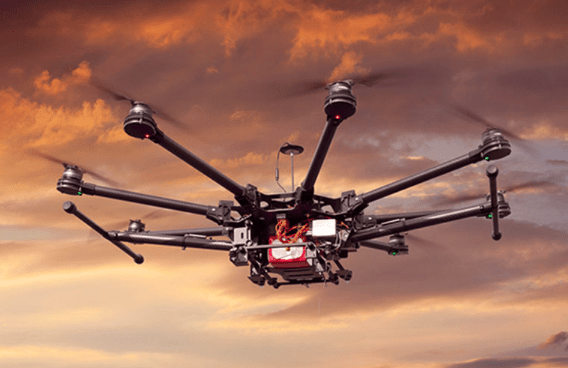
Course offerings cover three distinct areas:
- History and Application of sUAS – This introductory course covers the history and evolving applications for sUAS. Modules include: Early Aeronautical Pioneers and UAS Development, Modern UAS Development and Use, sUAS Applications, and Future Use and Challenges
- sUAS Design and Configuration – This course covers the various design configurations of fixed-wing and vertical takeoff and landing (VTOL) sUAS platforms. Modules include: Platform Design Configurations – Fixed-wing, Platform Design Configurations – VTOL and Others, System Composition and Elements, Platform Acquisition and Consideration
- sUAS Operations and Regulations – This course examines typical operational methods, applicable federal regulations and guidance, methods to locate updated information, planning and risk management strategies employed in aviation, platform and environment use considerations, factors affecting use across multiple industries, and support considerations, including training and insurance. Modules include: sUAS Operations, sUAS Regulatory Framework, sUAS Planning Principles, sUAS Support
Each course runs over 4 weeks. Here are details on start dates and costs:
- When: History and Application of sUAS, Jan. 9 – Feb 6, 2017; sUAS Design and Configuration, Feb. 15 – Mar. 15, 2017; sUAS Operations and Regulations, Mar. 20 -Apr. 17, 2017
- Where: Each course will be 4 weeks and will be offered online via Canvas.
- Who Should Attend: Individuals from industries with interest in using or learning more about sUAS. These industries include, but are not limited to: agriculture, public safety, mapping and surveying, filming, communications, logistics, conservation, construction, engineering, real estate, insurance, retail, safety and emergency management.
- Standard Course Fees: Courses will be priced at $399 each. The certificate cost is $1,197.
Students have found the program and classes offered extremely beneficial. After completing one of the courses, a student said:
“This course allowed the student to explore the dynamics of UAV flight systems to any level of technical depth as it was quite self guided. The discussion and interaction with other students and the professor’s comments also led to areas of further research and study. The best part was the flight simulations based on the custom made UAV built in the ARVL Workshop. This is a must-take course for business planners and mission planners alike.”
You can learn more about Embry-Riddle’s Professional Program in Small UAS here.
Frank Schroth is editor in chief of DroneLife, the authoritative source for news and analysis on the drone industry: it’s people, products, trends, and events.
Email Frank
TWITTER:@fschroth